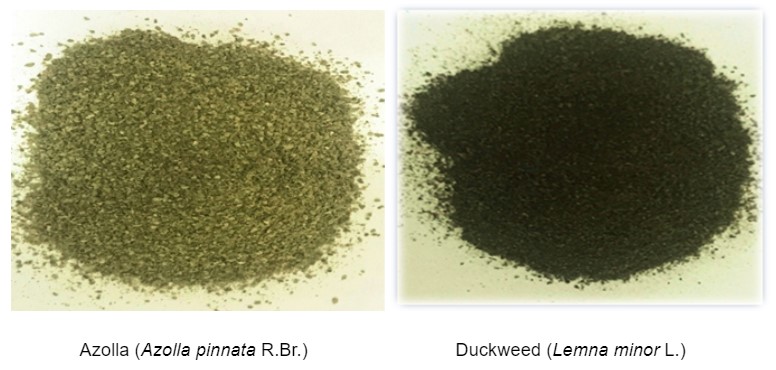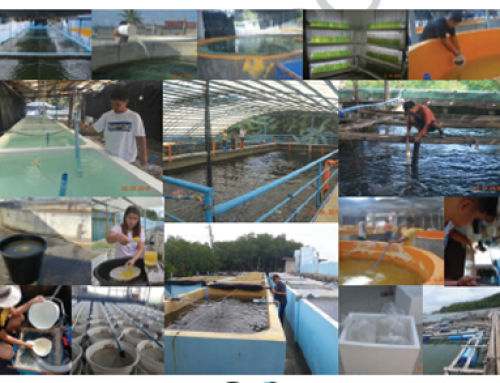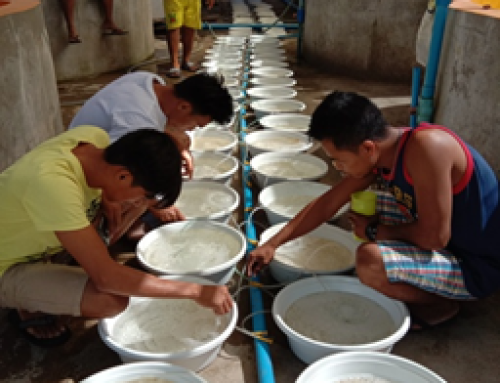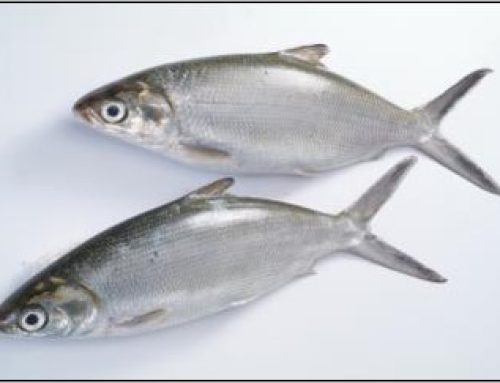In this Article

The project aimed to address the current problems of the Philippine Milkfish Industry such as declining supply of stocks from the wild, high mortality rate, and the emergence of antibiotic-resistant bacteria through developing a novel dietary synbiotic product made from endogenous probiotics and under-utilized plant-based raw materials as prebiotic.
Significant accomplishment of the project was the higher growth and survival of milkfish fry fed with synbiotic supplement compared to those fed with commercial feeds alone. The production performance of hatchery-reared milkfish fry fed the synbiotic-enriched aquafeed under actual field conditions were also evaluated in (2) milkfish hatcheries.
Products produced from the two-year study were the Prototype for powdered dietary synbiotic material and the Liquid form of the novel dietary synbiotic product.
Synbiotic application (i.e., use of probiotics along with prebiotics) in aquaculture has been suggested as viable alternatives in fish disease management, in response to the emergence of antibiotic resistance. Presumptive endogenous lactic acid bacteria (LAB) isolated from the gut of milkfish were characterized using the polyphasic approach. These were identified as putative probiotic strains based on their molecular and phenotypic profiles. The potential of the common aquatic plants, azolla (Azolla pinnata R.Br.) and duckweed (Lemna minor L.), as novel sources of prebiotic oligosaccharides was confirmed through biochemical assays.
The practical application of these raw synbiotic materials was investigated in a feeding trial using milkfish fingerlings. The basal diet for milkfish was formulated to contain optimal amounts of dried aquatic plants inoculated with live endogenous LAB (synbiotic-enriched aquafeeds).
Optimal enrichment of the basal diet with the synbiotic materials (i.e., endogenous probiotics plus dried aquatic plants) significantly improves the feeding efficiency of milkfish fingerlings (P<0.05). Improvement in terms of biomass gain (P>0.05; Cohen’s d = 0.93) and survival rate (P>0.05; Cohen’s d = 0.95) may also be attributed to the dietary supplementation of synbiotic materials.








